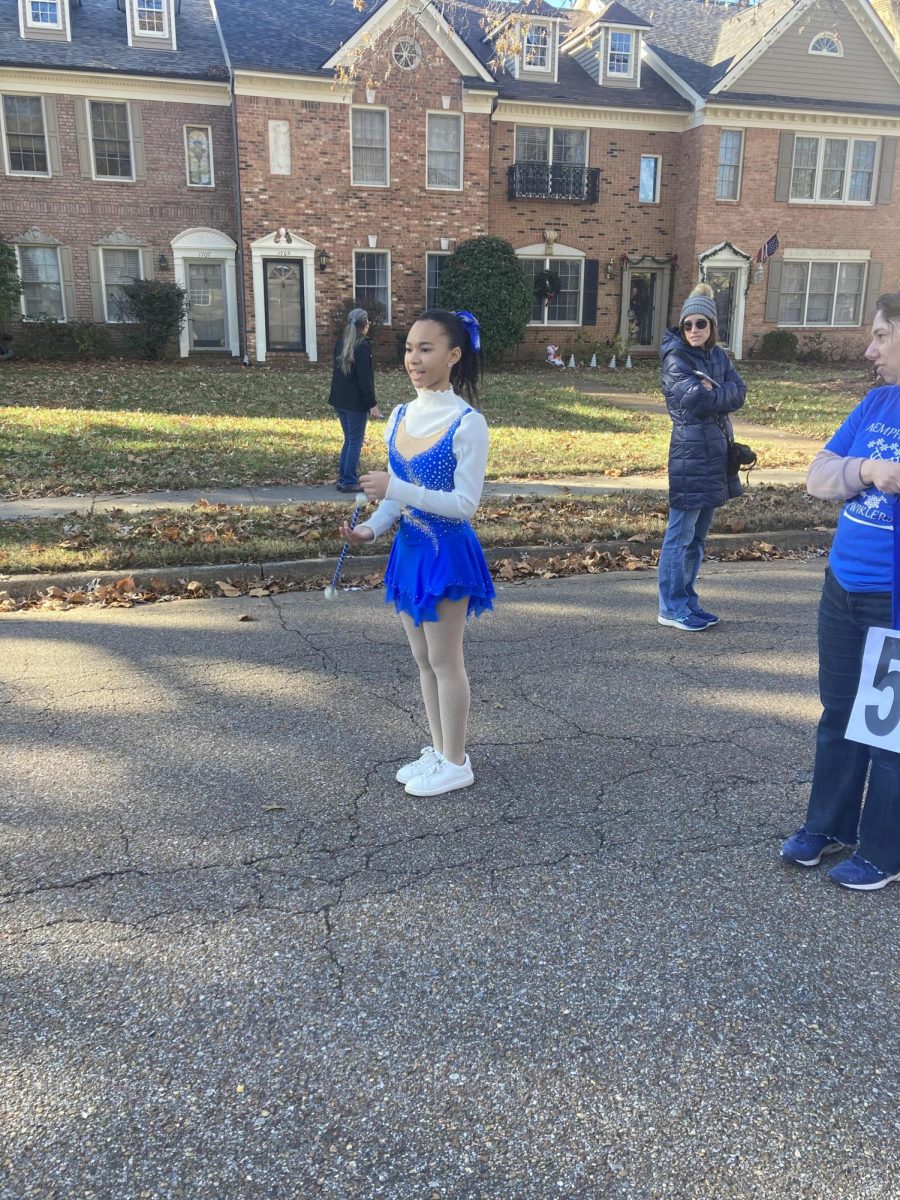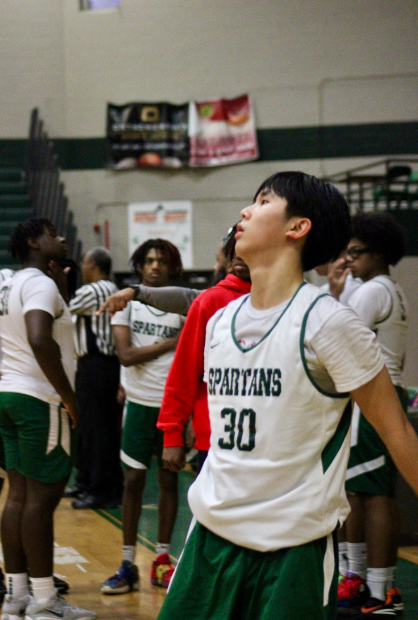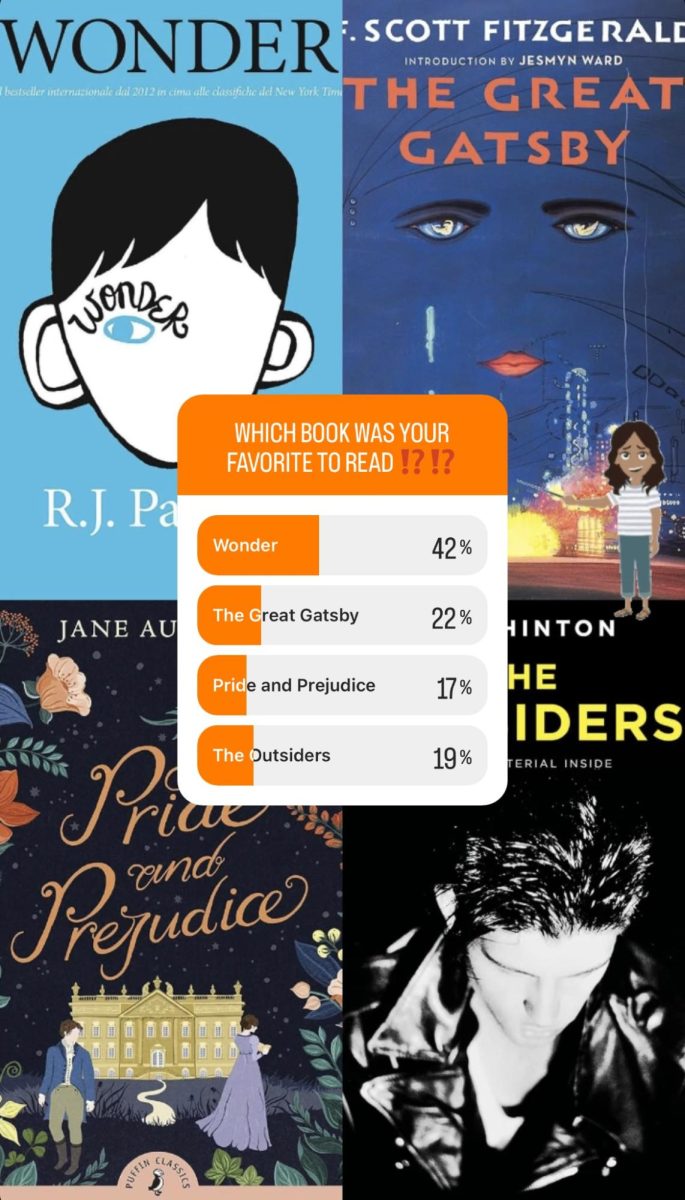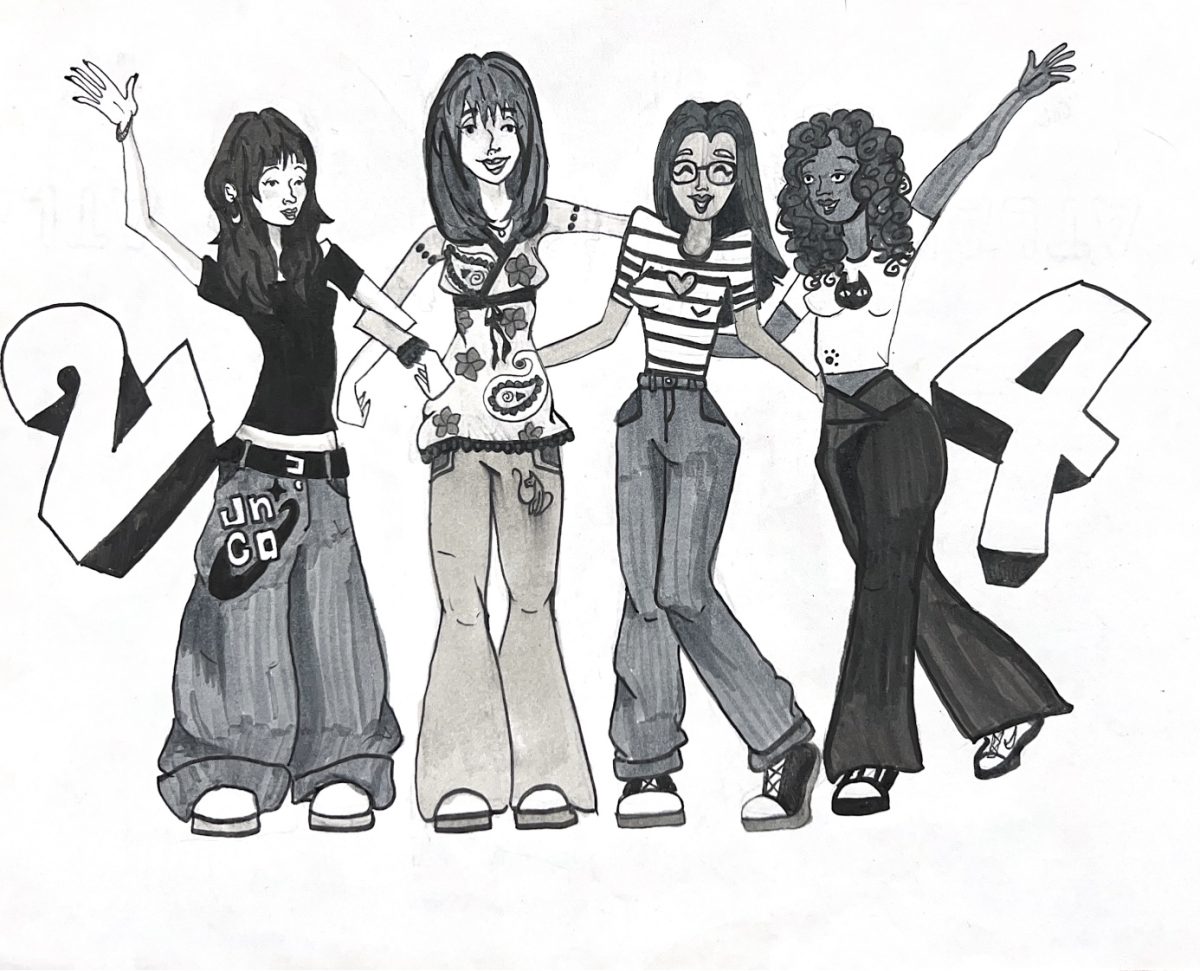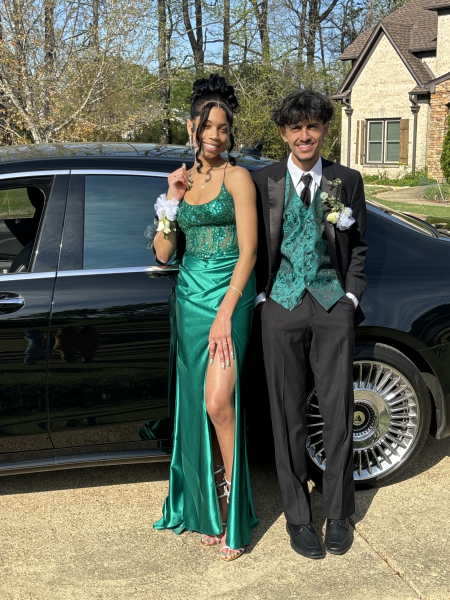Are corporations exploiting the LGBTQIA+ community?

Velma, from “Scooby Doo,” was recently confirmed as a lesbian. The “Scooby Doo” company reached popularity in its early years and continues to stream and broadcast their cartoons decades later.


(GOOGLE IMAGES)
From Robin in “Stranger Things’ ‘ to Jon Kent in “Detective Comics’ ‘ and “Euphoria’s” Jules, LGBTQIA+ representation has been popping up in the media like gophers in the ground. With many new television characters identifying with the LGBTQIA+ community, more and more queer people are feeling well-represented in the media, while many question the morality behind it.
Decades after the renowned cartoon “Scooby Doo” became popular, one of the main characters, Velma, was confirmed as a lesbian by the animation company. Whereas some see this as a step towards increasing acceptance and representation in media, others see it as mainstream companies trying to exploit and profit from the LGBTQIA+ community.
“I don’t like how businesses like to market so much about the LGBTQIA+ community because personally I feel like most big business owners don’t even care,” Remington Brock (9) said. “They just want more profit and more views, and in order to do that they just throw out words that hint at [queer characters] and it just comes back and it makes them look better.”
In recent years, multiple television shows and movies have followed a similar pattern of declaring characters as queer years after the production became popular. Another media trend involves cueing in LGBTQIA+ characters as token side characters, often for comedic relief. These two common occurrences suggest the idea that many big production companies maliciously use these tactics to market to their target audience — LGBTQIA+ members and supporters.
“They’re there for representation and not as a character,” Edison Webb (11) said. “It’s just a way to advertise to liberals and people who are accepting that this movie is inclusive … they advertise this queer character as a main portion of the story even though they are a side character who adds no real value to it.”
Many who see big companies that market towards the LGBTQIA+ community agree that these companies are attempting to capitalize off the community. A prominent example of exploitation in the queer community is the LGBTQIA+ products and merchandise found throughout Pride Month. Some view the companies who create and market such products as having harmful intentions, while others view them as making benign efforts.
“I know there’s been a lot of talk about Pride Month and how all the companies start selling pride stuff [to make a profit] and I see their point on that, but I also see the other side of just trying to be supportive of our month,” Breanna Whirley (11) said.
While exploitation is an evident issue within the queer community, the subject of equal rights is also still at hand. The transgender community has been under legal attack by several proposed laws throughout the United States. In Texas, a bill was passed ruling that parents who allow their children to transition are abusers. Kai Shappley, an eleven-year-old transgender girl from Texas, testified against these anti-trans bills and shared her story online.
“She was able to conceptualize her gender by the age of three,” Webb said. “She told her mother that, ‘You keep dressing me up like a boy but I’m a girl.’ It … talks about how … Texas passed a law saying helping trans kids transition … is child abuse … It made me sad because this girl … she’s having to justify her existence to people in society and it’s just not fair. She is who she is, and there is no point in trying to say that she’s mentally ill, she needs help [or] her parents are abusing her, because she’s obviously a happy girl. And when you think about all this … these laws only contribute to the suicide rates that gender queer people have.”
LGBTQIA+ people are still not fully recognized in society or in the media, which leads many to believe that it furthers the demand for representation. The power of sharing LGBTQIA+ stories enables many who are struggling with sexuality or gender issues to connect with other queer characters and assist them in coming to terms with their identity.
“If you are very confused and you just see … not even in TV shows but just people online talking about their stories and their struggles, you can connect with those people as well because everyone’s story will be unique, but it will often rhyme with someone else’s,” Webb said.
Your donation will support the student journalists of White Station High School. Your contribution will allow us to purchase equipment and cover our annual website hosting costs.








